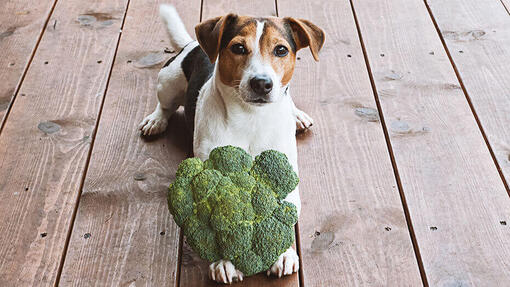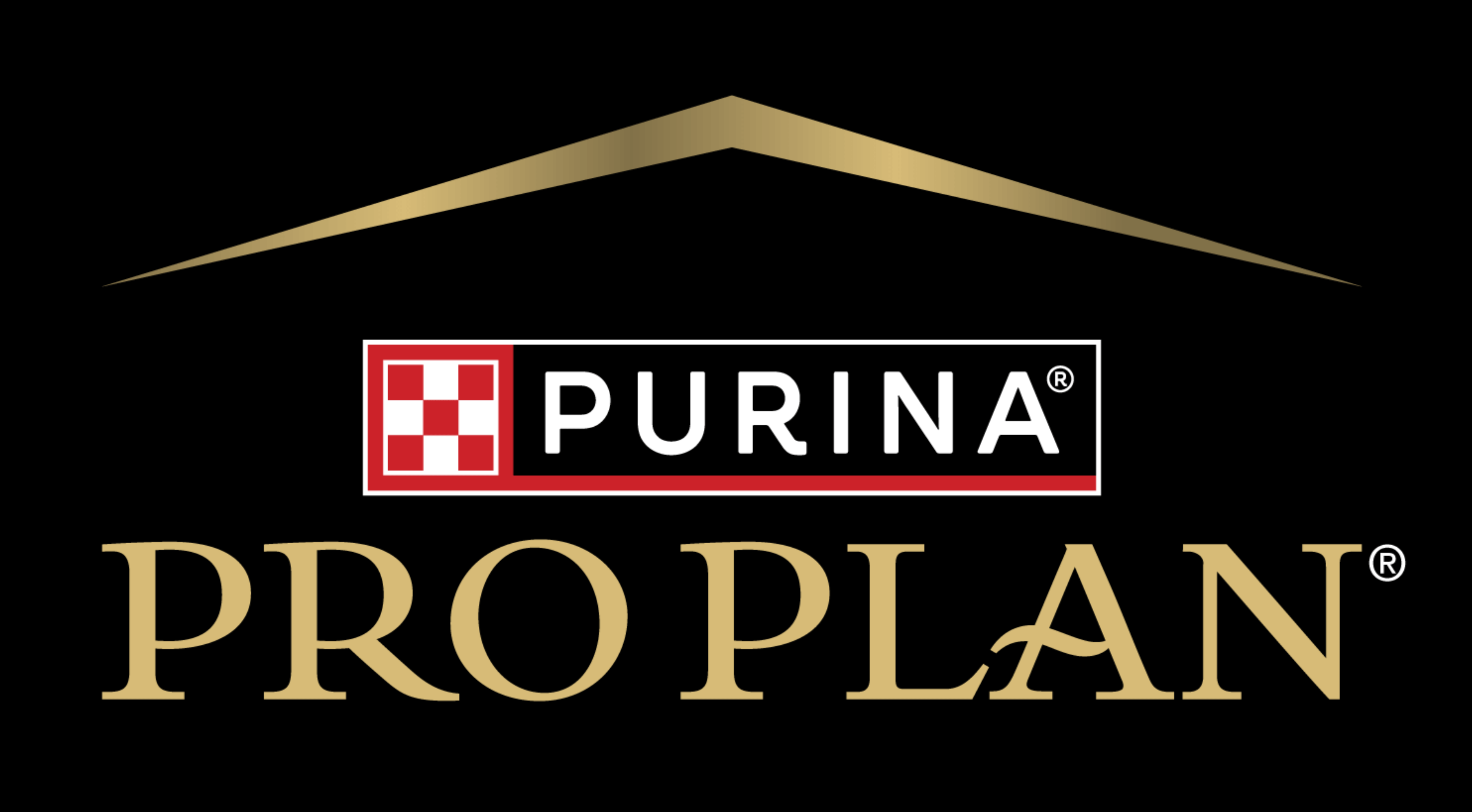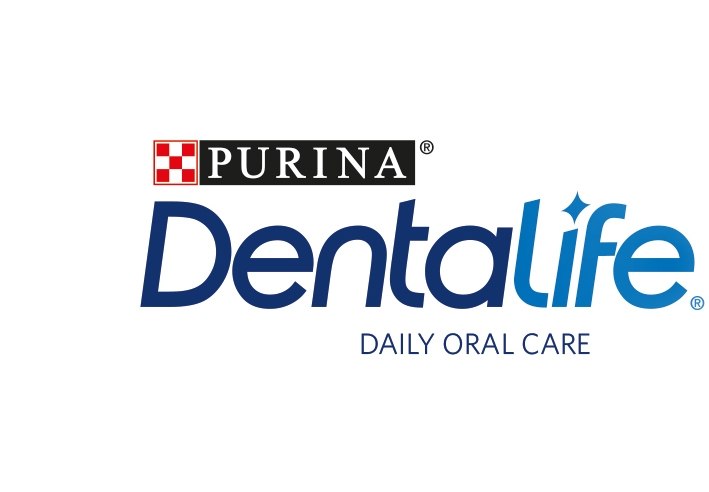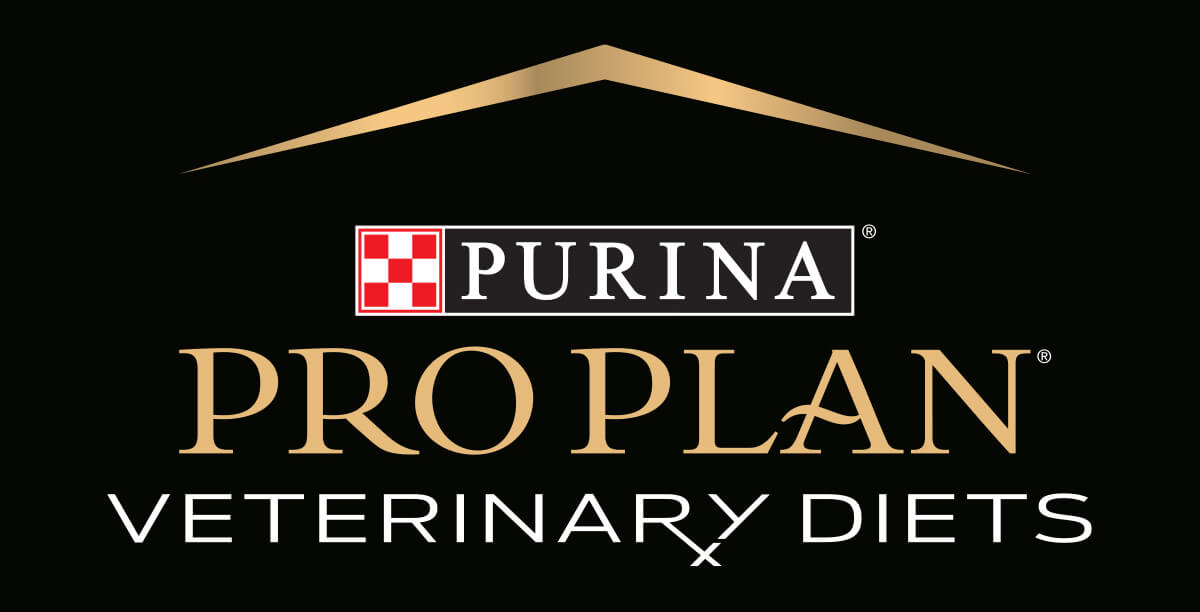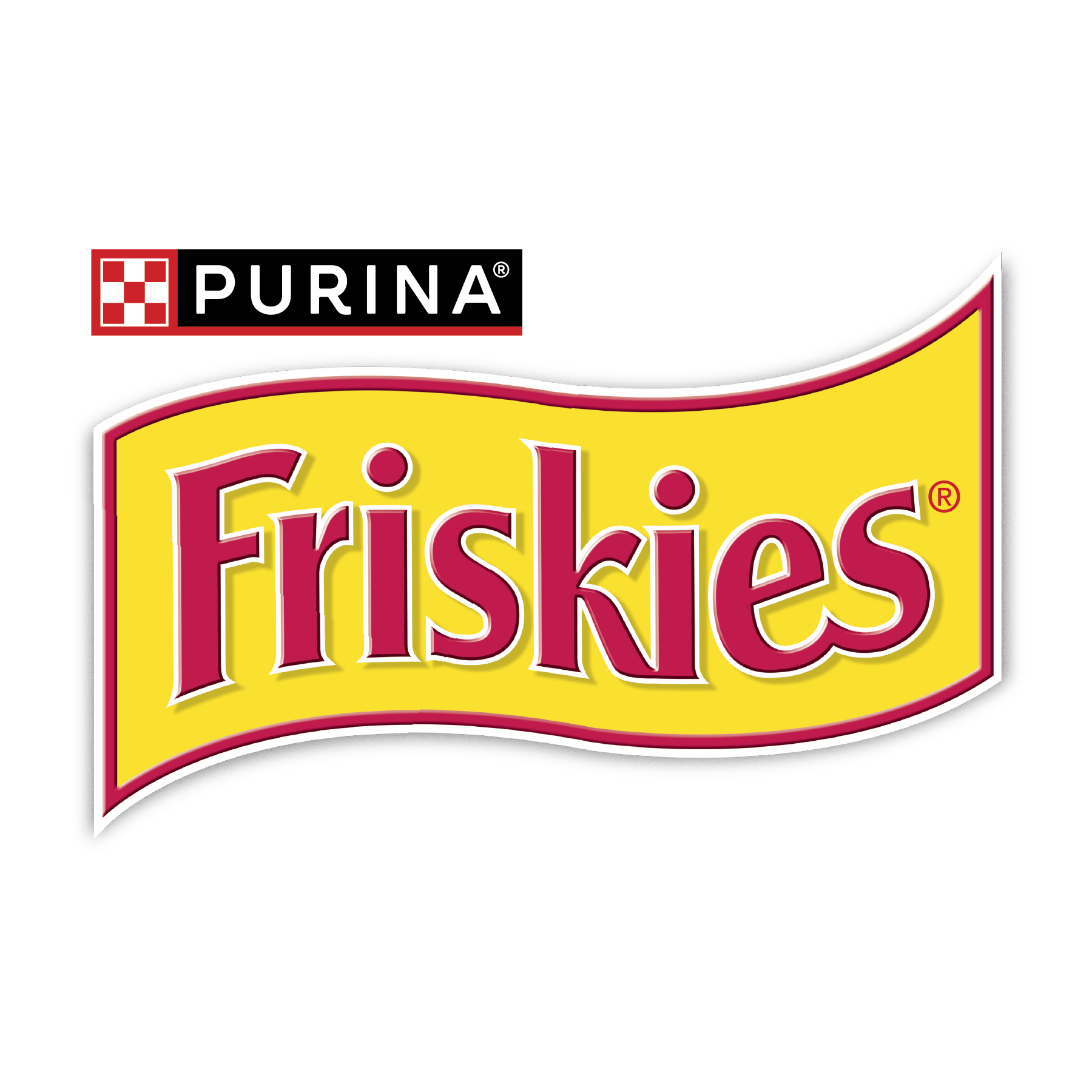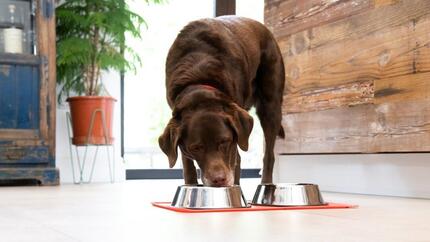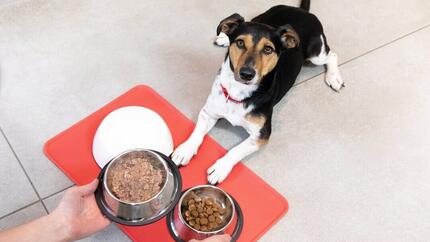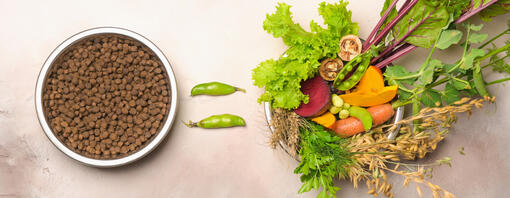
With many people turning to environmental friendly lifestyles and plant-based diets, many have started wondering, “what about vegan diets for dogs?” Are these safe, and do they contain all the nutrients dogs need? Learn everything you need to know in this guide.
It’s no secret that veganism and vegetarianism are on the rise. In fact, a recent study found that 1 in 3 British people reported they have either reduced or completely stopped their meat consumption. Given this impressive statistic, it’s only natural that people have started wondering about vegan and vegetarian lifestyles for their pets too. But is this approach safe for dogs, and can they get everything they need from a diet without meat?
At Purina, we’re passionate about giving your pets the best possible nutrition, which is why we’ve looked into vegan and vegetarian dog food and created this guide to give you all the information you need.
Can dogs eat a vegan diet?
This is a bit of a tricky question. In theory, vegan dog food is acceptable provided it contains all the essential nutrients including vitamins, minerals, proteins, carbohydrates and fats that dogs need to be healthy and happy.
Dogs don’t actually need meat in their diet to survive, unlike their wolf ancestors. It’s a common misconception that dogs are carnivores, but they’re actually omnivores, meaning they can digest and derive nutrients from fruits and vegetables.
However, it’s incredibly difficult to create vegan dog food that can keep dogs healthy in the long term. Dogs need a variety of specific nutrients and have different requirements from humans, meaning you can’t feed a dog the same diet that a vegan person would eat. In particular, it’s difficult to meet dogs’ protein requirements with a diet that contains only plant protein, and there’s a risk of deficiency of various essential vitamins and minerals too. This means that we don’t recommend feeding your dog a vegan diet unless you’ve sought veterinary nutritional advice.
How about a vegetarian diet?
It’s easier to make a vegetarian diet that’s suitable for dogs, because these diets tend to use eggs and dairy in place of meat products. Eggs and dairy contain animal protein and other essential nutrients such as vitamin B12 that it’s hard to get from plant-based foods.
The importance of a balanced diet
Feeding a diet that hasn’t got the right balance of nutrients can have serious health consequences for your dog in the long term. For example, some published research suggests that dogs eating vegetarian, vegan or home-prepared diets may be deficient in an amino acid called taurine, and this can increase the risk of a heart disease known as dilated cardiomyopathy.
This means that if you choose to feed your dog a vegetarian diet, it’s very important that you’re confident the nutritional balance is right. The best way to achieve this is to choose a reputable brand, and check that the diet has been properly assessed as complete and balanced (for example that it meets the nutrient profile standards set out by the regulatory association).
It’s also worth seeking veterinary nutritional advice, particularly if your dog has any health conditions. Given how difficult it is to get the nutritional balance right, we don’t recommend feeding a home-prepared vegetarian diet unless it’s formulated under the careful supervision of a veterinary nutritionist.
Are there any benefits to feeding vegan or vegetarian dog food?
Given all these concerns about vegan and vegetarian dog food, you may be wondering whether there are any advantages? There are a few reasons why vegan and vegetarian dog food diets can be beneficial:
- Feeding this type of diet may be more environmental friendly than feeding diets containing meat products
- Sometimes, vets will recommend carefully formulated vegan or vegetarian diets for dogs with food allergies to various animal proteins
Currently, there’s relatively little research published on vegetarian and vegan dog diets, and we don’t yet know of any general health benefits. There have been a few studies carried out, but further research is needed to analyse the long-term health effects.
What ingredients are used in vegan and vegetarian diets?
A vegan diet for dogs will typically contain some of the following ingredients:
- Rice
- Quinoa
- Oats
- Lentils
- Beans
- Seeds such as millet or flax
- Spinach
- Kale
- Carrots, broccoli, peas and other veggies
- Soya
- Added vitamins and minerals
Vegetarian diets will typically also contain egg and/or dairy. You can find out more information about feeding your dog these food from our articles such as 'Can Dogs Eat Rice?'.
Alternatives to vegan and vegetarian dog food diets
Given the health concerns around formulating a balanced diet, coupled with the fact that vegan and vegetarian dog foods are often more expensive than diets containing meat, many people look for alternatives. For example, you could consider:
- Making your dog a pescatarian, as fish is a healthy source of protein and other essential nutrients
- Looking for more ethical pet food brands that use humanely sourced meat If you’re really set on feeding your dog a vegan diet, speak to a veterinary nutritionist and discuss the best course of action for your pet.
If they determine it’s suitable, they’ll help to create a tailored diet that meets all of your canine’s needs.
That’s our guide to vegan and vegetarian diets for dogs! Looking for more feeding advice? Check out our guide on healthy dog treats for training, next.



